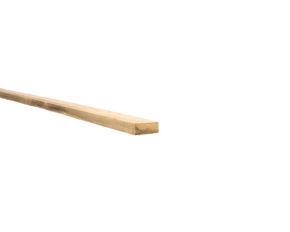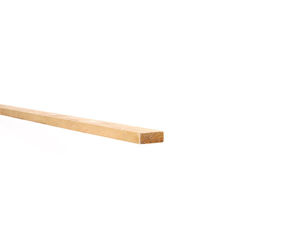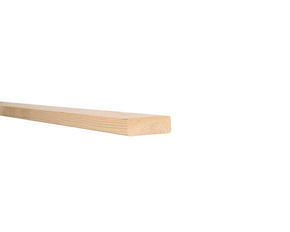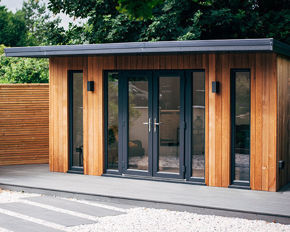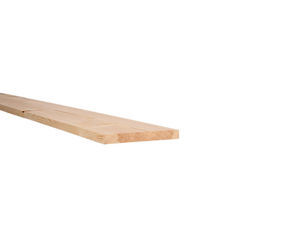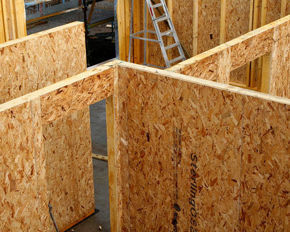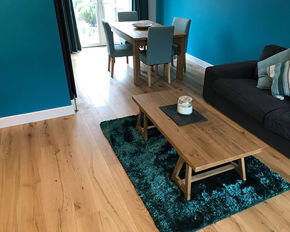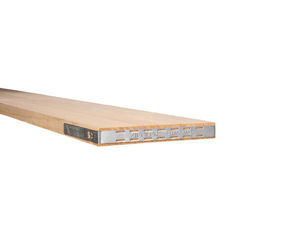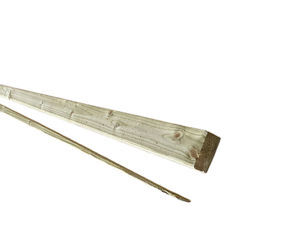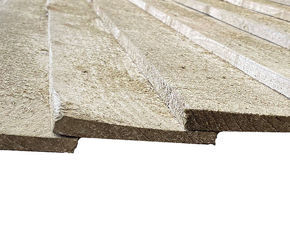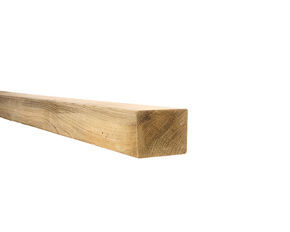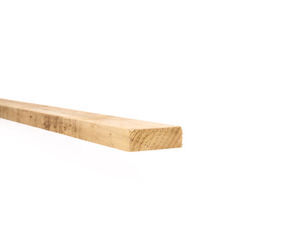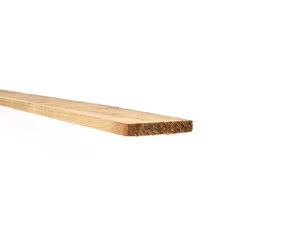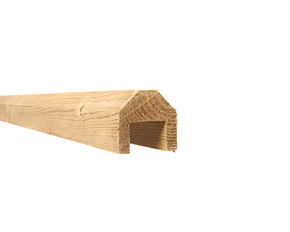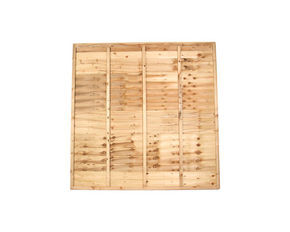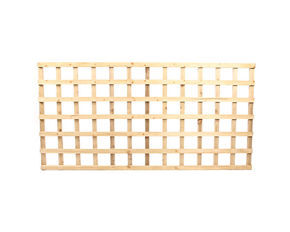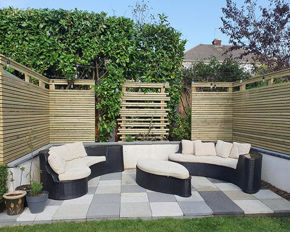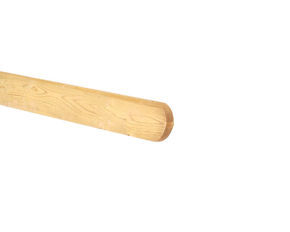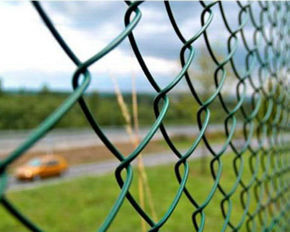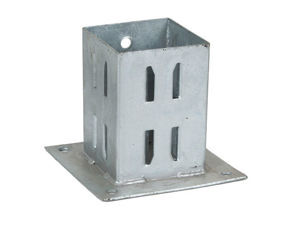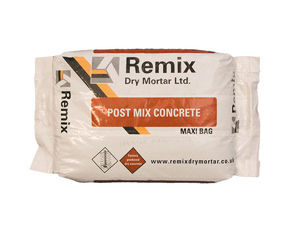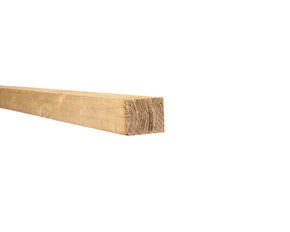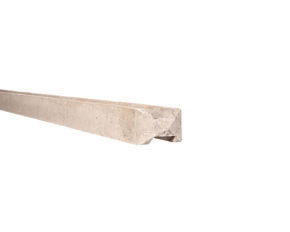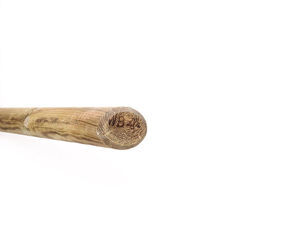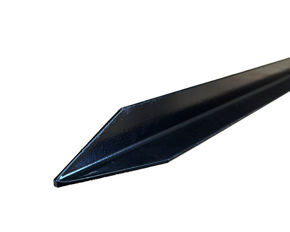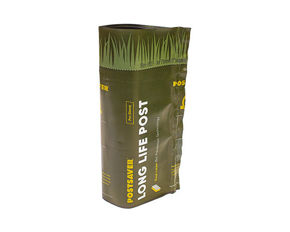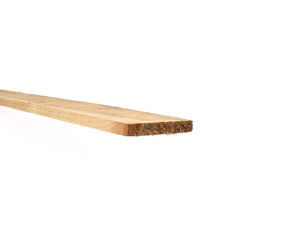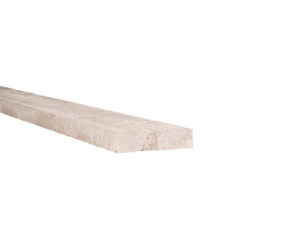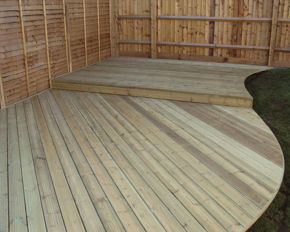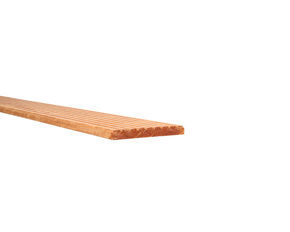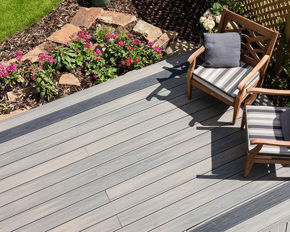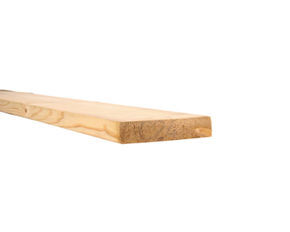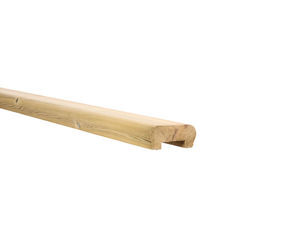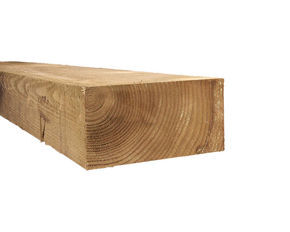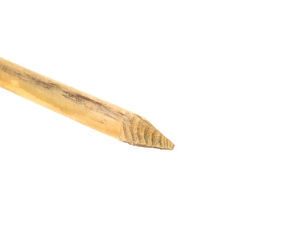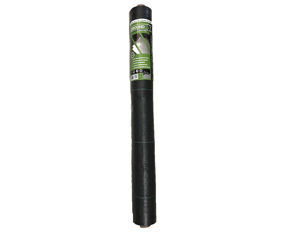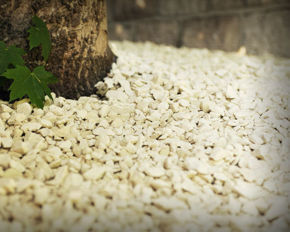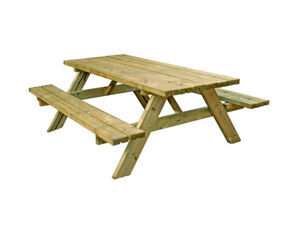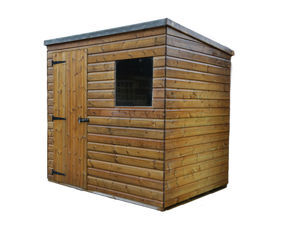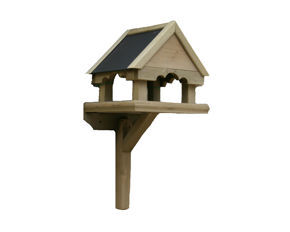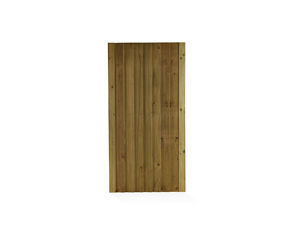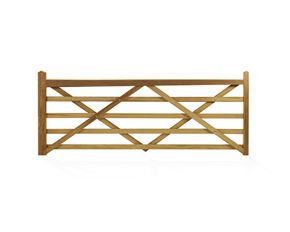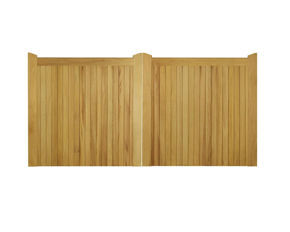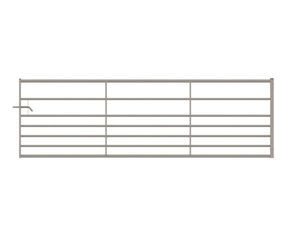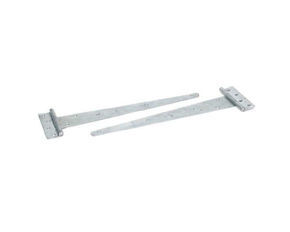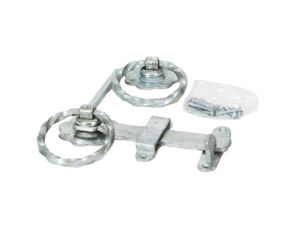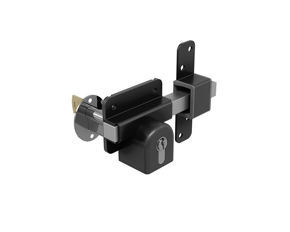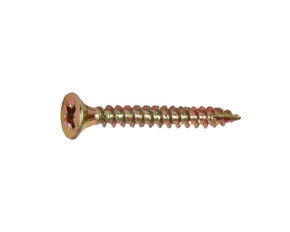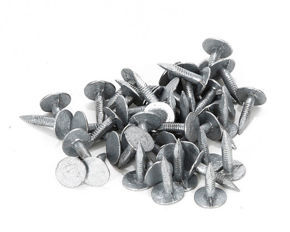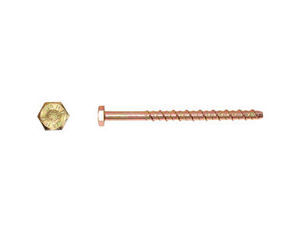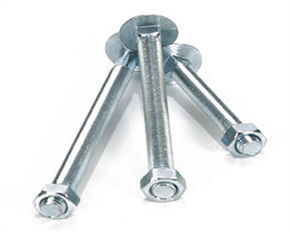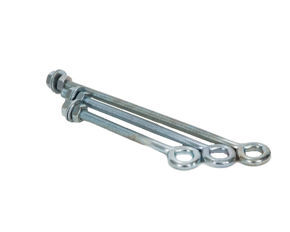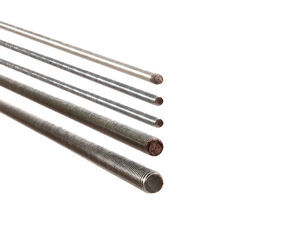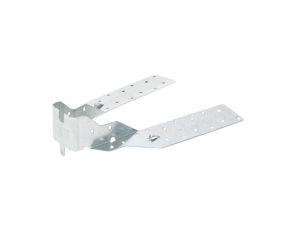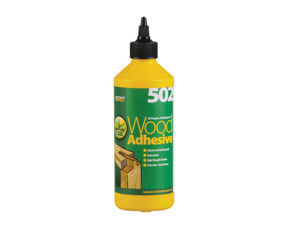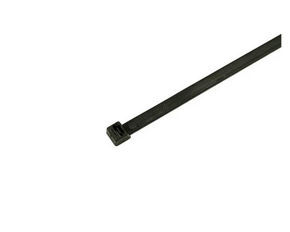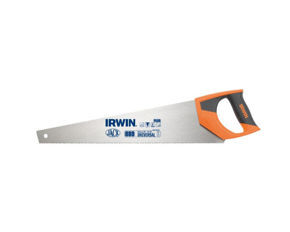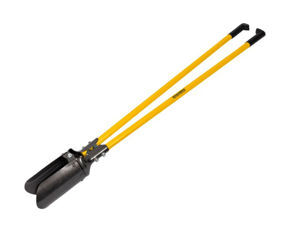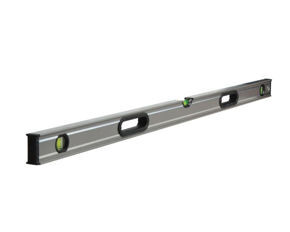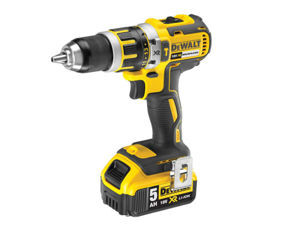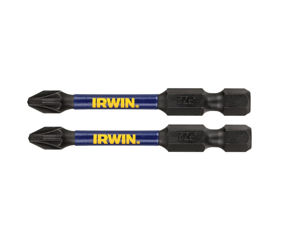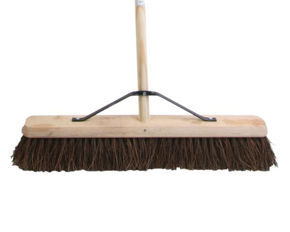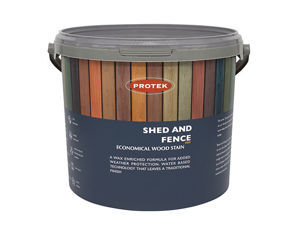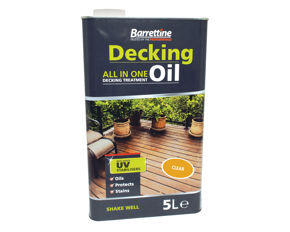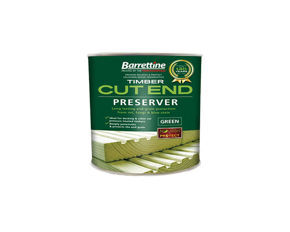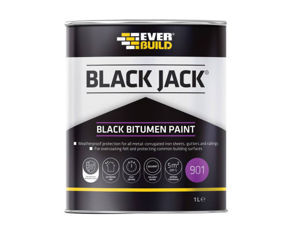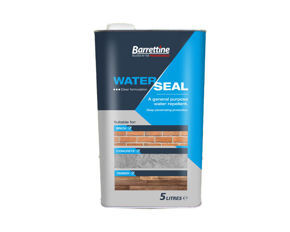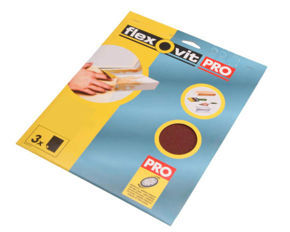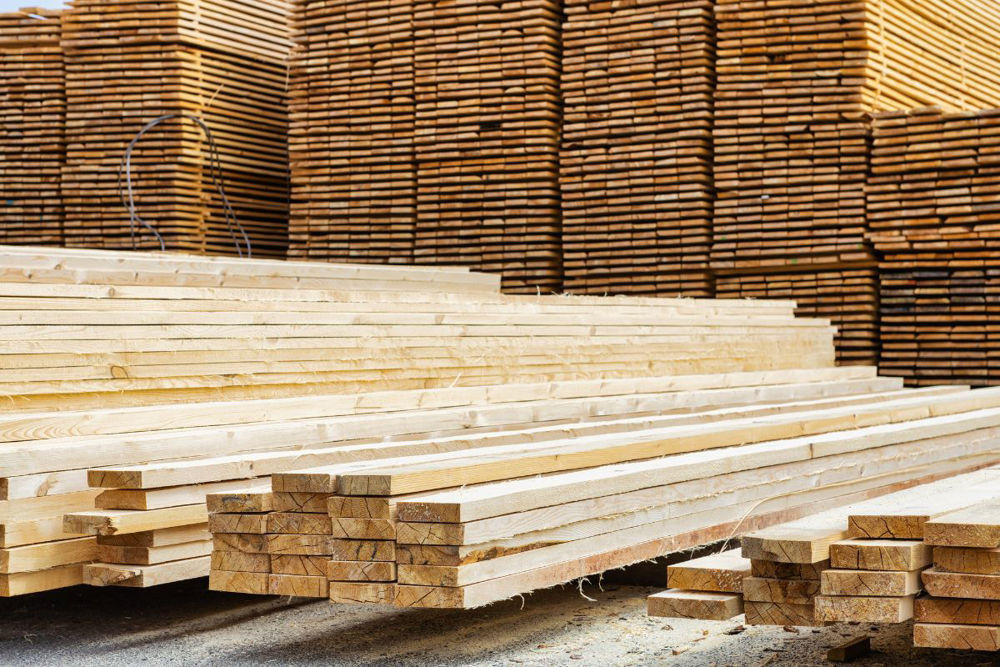
When it comes to selecting the right type of wood for your construction or woodworking project, understanding the differences between softwood and hardwood is crucial. As timber merchants, we often encounter customers who are unsure about which type of wood to choose for their specific needs.
In the realm of softwood vs. hardwood, it's essential to delve into the unique characteristics of each. Below we explore the distinctions between softwood and hardwood, helping you make informed decisions for your next project.
Softwood
Softwood, as the name suggests, comes from coniferous trees, which are evergreen and typically have needle-like leaves. Softwood is known for its versatility and is widely used in various applications.
Physical Characteristics of Softwood:
Softwood tends to be lighter in weight and has a lower density compared to hardwood. This makes softwood easier to work with, making it an excellent choice for construction projects where ease of handling and installation are essential.
Strength and Durability of Softwood:
While softwood is generally less dense, it doesn't necessarily mean it lacks strength. Softwood can be durable and resistant to decay, especially when treated with preservatives. However, it may not be as naturally resistant to pests and decay as some hardwoods.
Common Uses For Softwood:
Softwood is often preferred for construction framing, outdoor decking, fencing, softwood sleepers and other structural applications. Its affordability and wide availability make it a popular choice for large-scale projects.
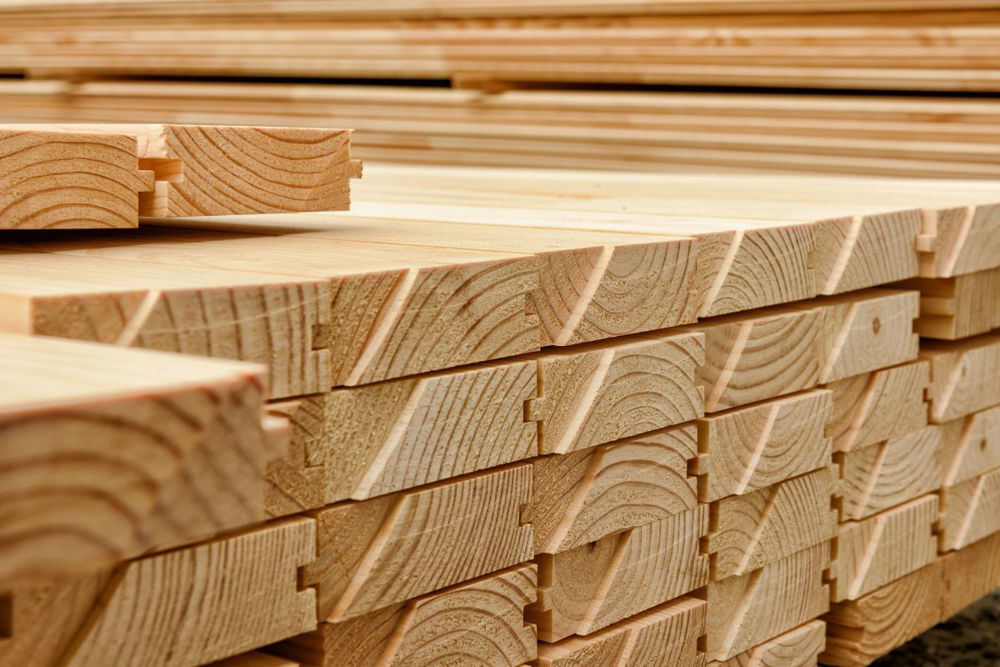
Hardwood
Hardwood comes from deciduous trees and is prized for its strength, durability, and attractive appearance.
Physical Characteristics of Hardwood:
Hardwood is denser and heavier than softwood. Its density contributes to its durability and resistance to wear and tear, making it a suitable choice for furniture and high-traffic areas.
Strength and Durability of Hardwood:
Hardwood is renowned for its robustness and longevity. It is resistant to scratches and dents, making it ideal for flooring and furniture that endure heavy use. Hardwoods also possess natural resistance to pests and decay, reducing the need for chemical timber treatments.
Common Uses For Hardwood:
Hardwood is often chosen for high-quality furniture, decking material, cabinetry, flooring, and decorative elements. It is a preferred material for projects where aesthetics and longevity are paramount.
Choosing between softwood vs. hardwood depends on various factors, including budget considerations, project type, maintenance requirements, and environmental impact.
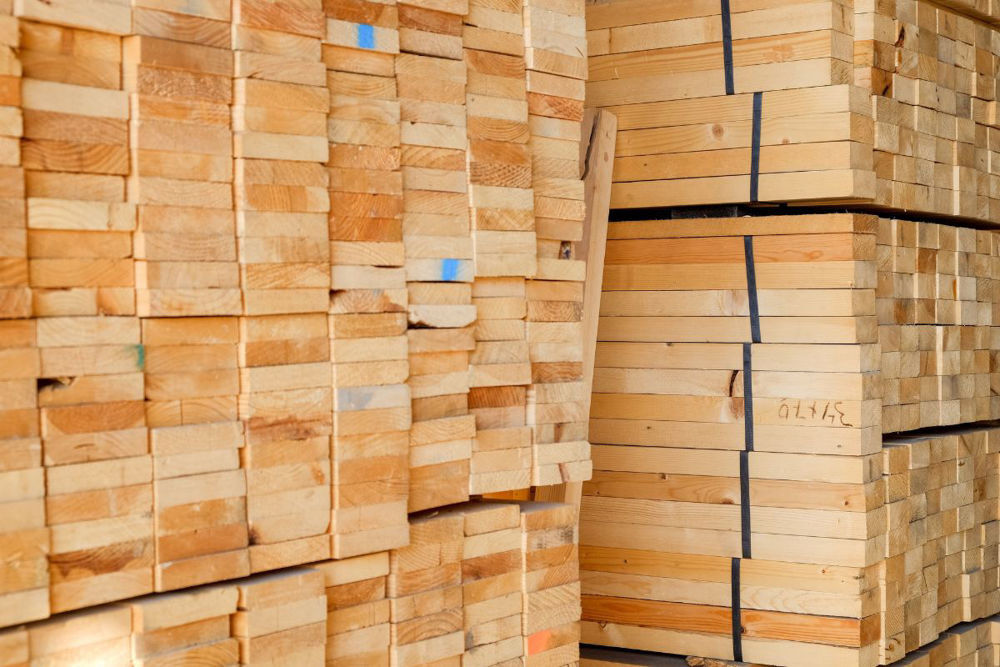
Choosing the Right Wood for Your Project
1. Budget Considerations
Softwood is generally more budget-friendly than hardwood. If cost is a significant factor in your project, softwood may be the more economical choice.
2. Project Type
Consider the specific demands of your project. For structural elements like framing, softwood may be suitable. For furniture or flooring where aesthetics and durability are crucial, hardwood is often the better option.
3. Maintenance Requirements
Softwood may require more maintenance, such as regular sealing or painting, to protect it from the elements. Hardwood, on the other hand, often requires minimal maintenance due to its natural resistance to decay and pests.
4. Environmental Impact
If sustainability is a concern, consider the environmental impact of your wood choice. Many softwood species are fast-growing and are often sourced from sustainably managed forests. Hardwoods, on the other hand, may come from slower-growing trees, and it's essential to choose suppliers with responsible harvesting practices.
In the debate between softwood vs. hardwood, there is no one-size-fits-all answer. The right choice depends on your project's specific requirements, budget constraints, and personal preferences. As a timber merchant, we offer a wide range of both softwood and hardwood options, ensuring that you can find the perfect fit for your needs.
Whether you prioritise affordability, strength, or aesthetics, understanding the differences between softwood vs. hardwood empowers you to make an informed decision for your next DIY project.

